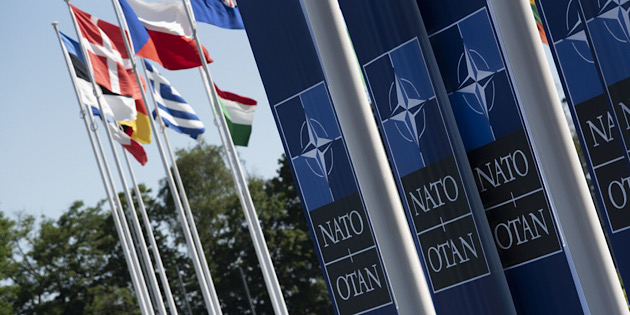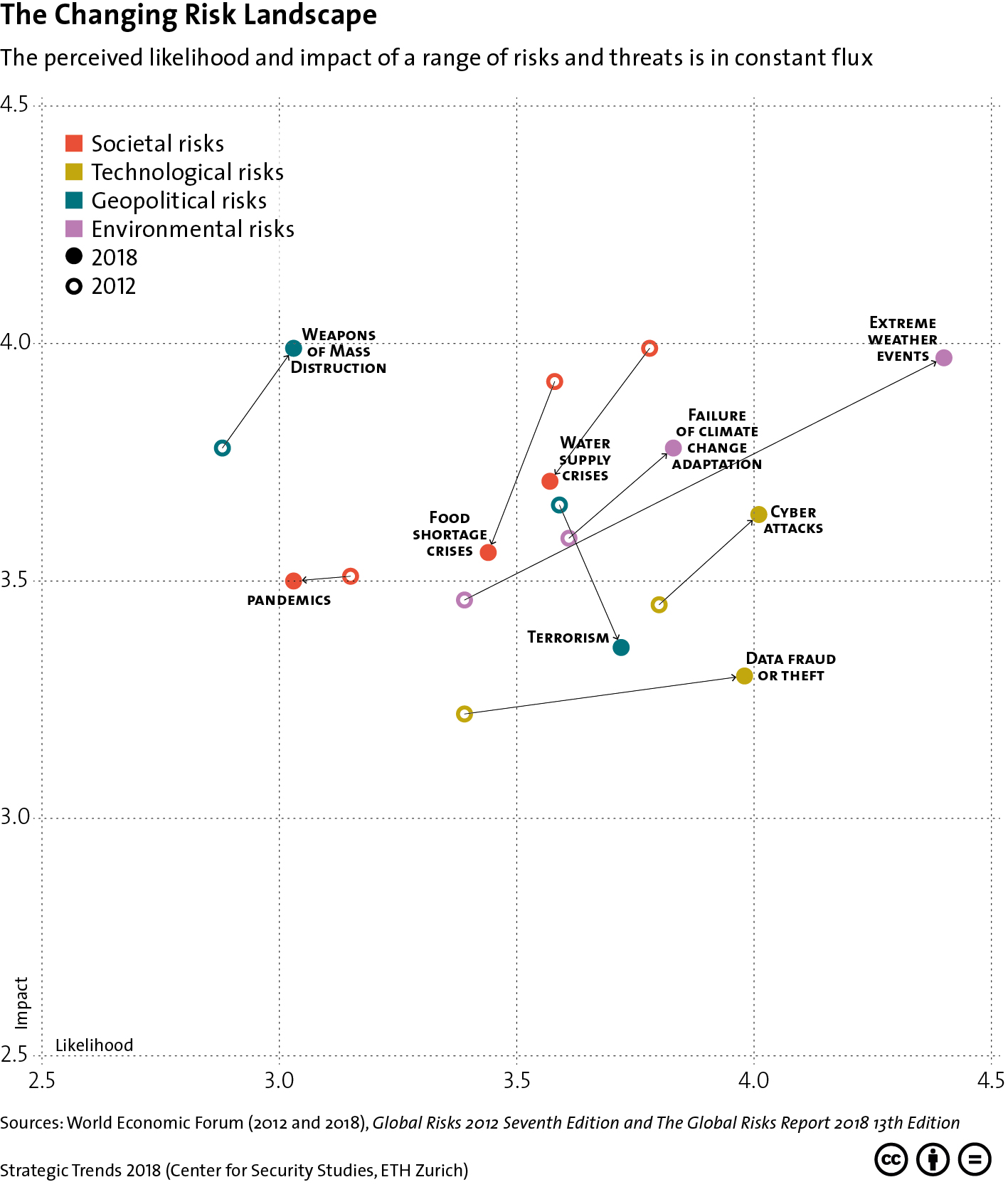 Image courtesy of Lisa Ferdinando/DVIDS.
Image courtesy of Lisa Ferdinando/DVIDS.
This article was originally published by NATO Defense College in March 2020.
Environmental change1 is increasingly recognised as one of the major factors that will shape the global security environment. According to most experts, rising global temperatures will lead to rising sea levels and cause more extreme weather events, such as storms, flooding, droughts and wildfires.2 The firestorms that engulfed parts of Australia in late 2019 and early 2020, burning an area the size of Belgium and Denmark combined, and severely decimating that continent’s wildlife, were a stark reminder of the force of these changes.







